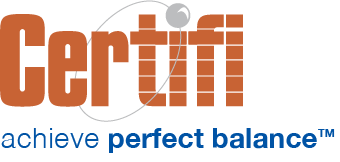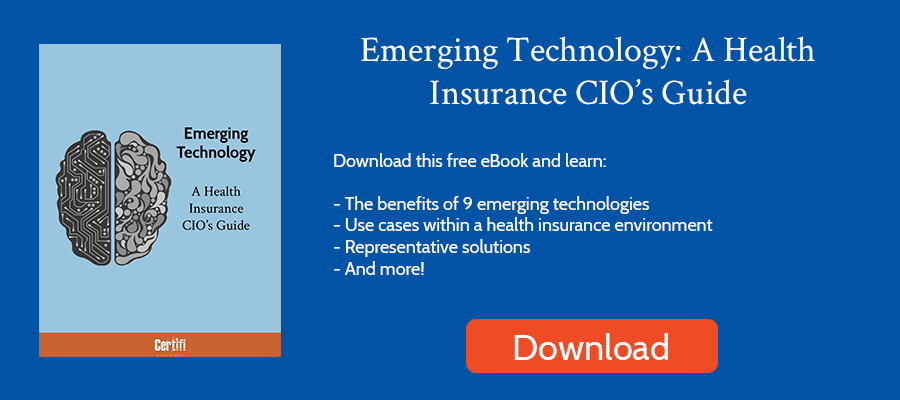The healthcare industry continues to consolidate. Several mergers, acquisitions, joint ventures, and pilot programs occurred in the past two years. Below we examine that activity, the strategy, and what it means to the businesses involved.
Point32Health
What is It — In January of 2021 Tufts Health Plan and Harvard Pilgrim Health Care combined to form Point32Health. The two health insurers touted their ability to drive down premiums as a result of the merger. However, the likely goal was to help the combined companies better compete with some of their larger peers.
What’s the Strategy — The two organizations first explored a merger more than a decade ago, but later broke off talks. Harvard Pilgrim also explored a merger with Partners Health Care in 2018 in an attempt to leverage Massachusetts’ largest health care provider. When those talks broke down, Tufts and Harvard Pilgrim soon reached a deal. This deal helps the combined organization better compete against larger regional insurers, like Blue Cross and Blue Shield of Massachusetts. It also helps Point32Health better leverage its size to negotiate better rates from providers.
Highmark & HealthNow
What Is It — Highmark and HealthNow agreed to an affiliation agreement in March of 2021. The deal brought together two large Blue Cross and Blue Shield (BCBS) licensees that serve New York, Pennsylvania, Delaware, and West Virginia to create the fourth-largest BCBS insurer in the nation.
What’s the Strategy — Though not technically a merger — no assets changed hands — the affiliation agreement extended the Highmark brand into New York. For Highmark, it’s not only a member grab but an opportunity to extend their brand into New York.
Centene and Magellan
What is It — Centene is a health insurer that focuses primarily on government programs like Medicaid and Medicare Advantage. They also serve individuals in the ACA marketplaces. Magellan Health offers behavioral health, pharmaceutical management as well as Medicaid management services. Centene paid more than $2 billion to acquire Magellan in a deal that closed in early 2022.
What’s the Strategy — This move enables Centene to offer Magellan’s behavioral health solutions to their Medicaid, Medicare Advantage, and individual members. The deal delivers a more competitive solution. Payers have been chasing integrated care models for many years. This acquisition enables Centene to build an integrated physical and behavioral health solution. The result could be better data sharing between those disciplines. Ultimately, Centene expects better health outcomes.
Molina and Affinity
What is It — In late 2020, Molina Healthcare acquired Affinity Health Plan for nearly $400 million. Molina is similar to Centene in that they primarily offer services to government programs like Medicaid or Medicare Advantage. They also provide plans in the ACA exchange marketplaces. Affinity, meanwhile, served nearly 310,000 Medicaid members in New York.
What’s the Strategy — Simply put, this was a member grab. And seemingly a bargain for Molina, who gets a $1.2 billion annual premium revenue boost from the acquisition. The insurer likely believes it can more profitably manage the Affinity members, as well, bringing a solid return on their investment.
Cigna and Oscar Partnership
What is It — Beginning in 2020, Cigna and Oscar partnered to jointly provide health insurance plans to small businesses. The plans leverage Cigna’s nationwide and local provider networks while incorporating Oscar’s member-oriented technology. Currently, Cigna+Oscar sells small group health products statewide in Georgia, Tennessee, Connecticut, Arizona, more than a half dozen of California’s largest markets, and Kansas City.
What’s the Strategy — For Oscar, this offers an opportunity to generate another revenue stream and also build brand awareness in territories it may not currently serve by providing its technology to Cigna. Cigna likely thinks Oscar’s technology can make it more efficient. The combination of technology and network makes their product more competitive.
Anthem and Humana Invest in DomainRx
What is It — Anthem and Humana both invested in DomaniRx, a new company primarily owned SS&C Technologies. Together, Anthem and Humana invested nearly $140 million in the company. The platform will offer data analytics and transparency related to drug costs. Additionally, it offers a cloud-based claims adjudication platform that aims to streamline claims processing. Humana will be the company’s first customer.
What’s the Strategy — The two companies are betting that their investment in DomaniRx will improve the efficiency of their claims processing while also making it easier to comply with interoperability and patient access rules. By investing in DomaniRx, the two companies can ensure DomainRx has the cash flow necessary to continue to build their platform, a platform both insurers will likely use.
A Consortium of BCBS Non-profits Launch Evio
What is It — Blue Cross Blue Shield of Massachusetts, Blue Cross Blue Shield of Michigan, Blue Shield of California, Highmark Inc. and Independence Blue Cross created a new for-profit pharmacy technology solutions company, Evio, in the summer of 2021. The companies expect the new organization to help them deliver the right medications to the right members as well as build more partnerships with innovative pharmacy and healthcare technology organizations. Ultimately, they see the company helping them improve outcomes and drive down costs.
What’s the Strategy — Though the dollar value of the investment in Evio wasn’t released, the creation of the company is designed to limit one of the fastest growing healthcare expenses, prescription drugs. By pooling their investments, the Blues involved can deliver more funds and likely drive better outcomes faster.
Aetna, Anthem, and HCSC Invest in Avaneer Health
What is It — Founded in 2019, Avaneer gained funding from health insurers like Aetna, Anthem, and HCSC to build a blockchain-based network that enables health organizations to securely transmit data. Health insurers can use the tool to perform tasks like determining eligibility and conducting prior authorization.
What’s the Strategy — Aetna, Anthem, and HCSC likely invested in blockchain-based technology to determine its practical feasibility. With recent investments totaling $50 million in January of 2022, the health insurers likely find some value that rationalizes the investments. With new interoperability rules that require insurers to make patient data more accessible, Aetna, Anthem, and HCSC likely invested in Avaneer Health as a bet on blockchain to become an important backbone of that interoperability in the future. They likely also lack the internal resources required to build blockchain-based technology. By investing in Avaneer, they can more cost-effectively access those resources.
Certifi’s health insurance premium billing and payment solutions help health insurers improve member satisfaction while reducing administrative costs.



